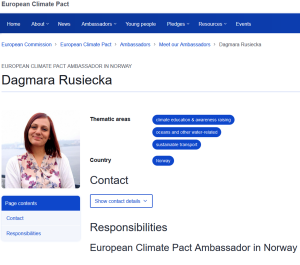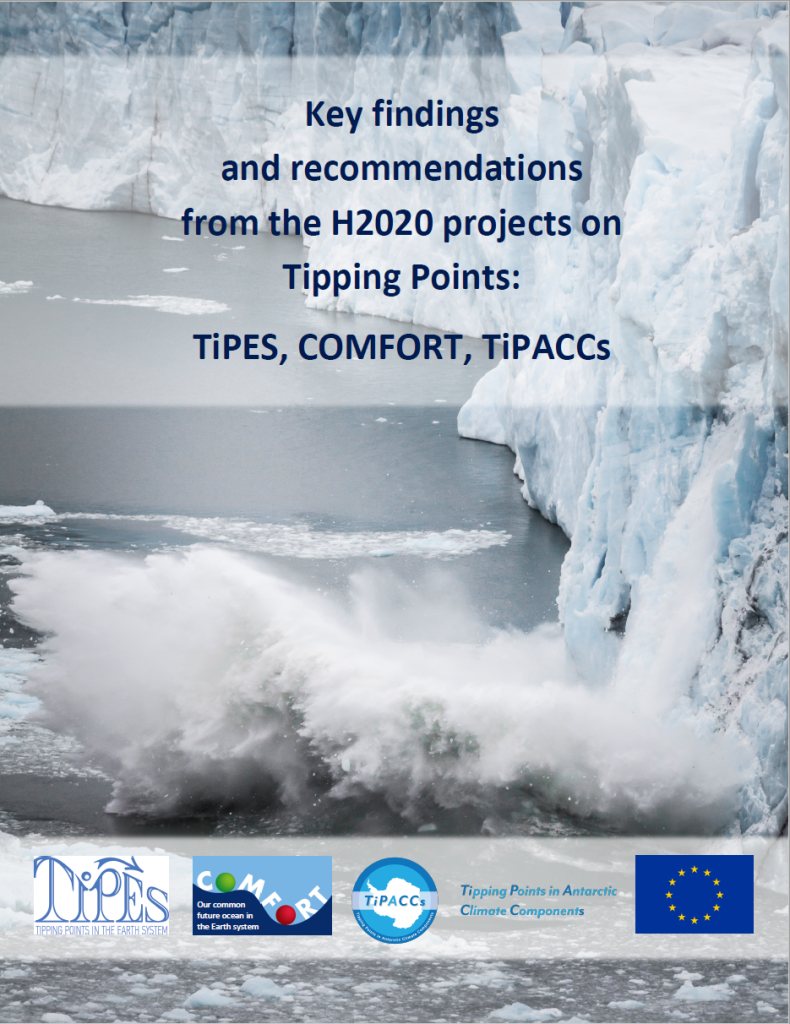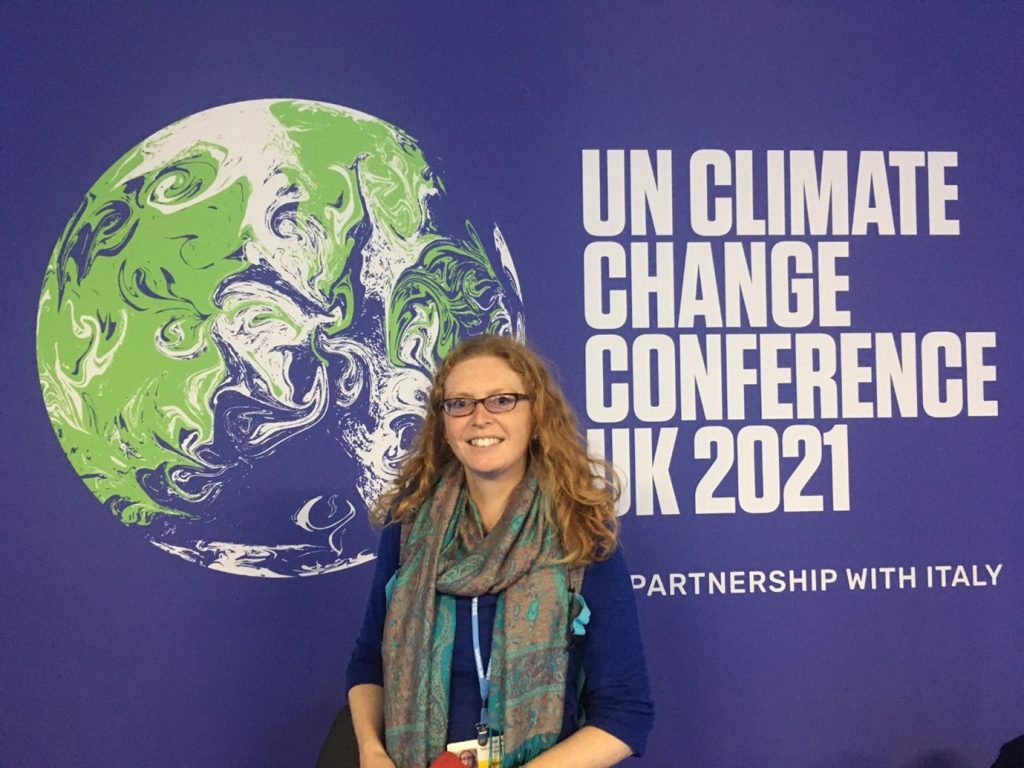
(NYHETSBREV (Newsletter), Geofysisk institutt, Universitetet i Bergen, 1. September 2023, Page 7)
EU H2020 project COMFORT is an interdisciplinary EU Horizon2020 project consisting of four Core Themes (CT), ten work packages and 32 international partners, started in September 2019. The overall objective of COMFORT is to provide knowledge gaps on ocean tipping points, abrupt changes, regime shifts under global warming due to human-caused emissions of greenhouse gases
COMFORT has reached the finish line on 31.Aug.2023. COMFORT successfully overcome the stressful pandemic periods. It was possible due to the excellent collaboration between scientific partners and directors of the project, Christoph Heinze (UiB) and Thorsten Blecker (SU), and the project managers.
Today, COMFORT has not only closed knowledge gaps but deliver advancement beyond state-of-the-art in understanding the past and future of ocean biogeochemistry tipping elements as well as suggesting series of mitigation and decisions for policy makers.
COMFORT has issued an alert on the new emerging climate feedback due to ocean warming which is projected to occur in the near future and can be irreversible towards the end of the century. This includes reversibility of abrupt changes and regime shifts in the ocean. The climate-induced abrupt changes will critically affect marine species and ecosystems at different trophic levels. Findings stated that only substantial and immediate reduction of greenhouse gas emission would partially induce reversibility in the ocean, primarily for the AMOC weakening and Artic Sea ice. However, the triple threat of the ocean such as (1) warming, (2) deoxygenation, and (3) ocean acidification will still persist over centuries to millenia, even after greenhouse gas emissions will have stopped.
Accordingly, COMFORT also suggested series of mitigation strategies within their efficiencies and potential risks associated in order to avoid reaching the overshot temperature (1.5°C) target in the Paris Agreement, such as simulation and implementation of large-scale carbon dioxide removal in the Earth system and assessment of their impacts on the ecosystem afterwards.
COMFORT’s work has already contributed to increasing awareness to the scientific community, policy makers and the public concerning potential damage from imminent ocean tipping points. COMFORT’s recent results have reached large audiences and have already left a substantial societal and academic footprint. At this final stage of the project, four (04) synthesis papers, one per Core Theme, are in the process of publication in order to disseminate and pass on COMFORT’s legacy. These documents are critical in assisting mitigation efforts towards limiting damages of increased greenhouse gas emissions and contribute to the IPCC report.



